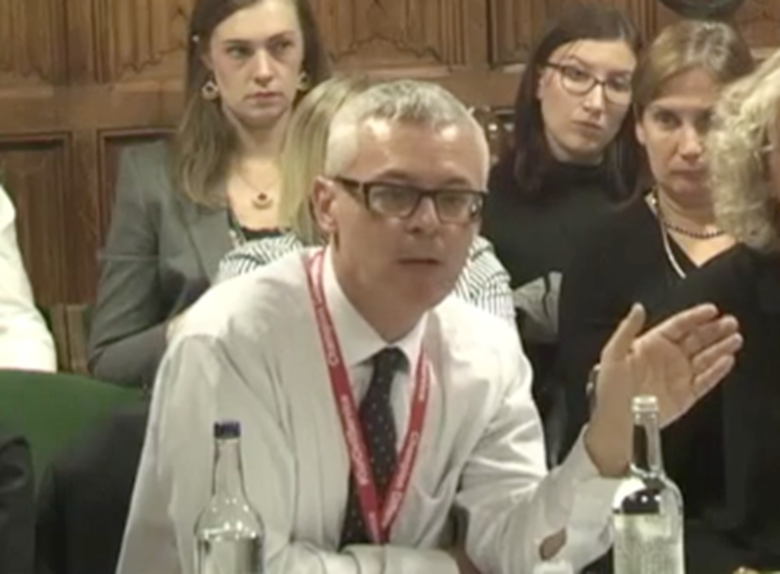DfE develops early warning system for Ofsted inspection failure
Neil Puffett
Tuesday, November 1, 2016
The Department for Education is developing an early warning system to identify local authorities where standards in child protection are slipping so that efforts can be made to turn them around, it has emerged.

Appearing before the public accounts committee, Jonathan Slater, who became permanent secretary at the DfE in May, said data collected by central government is beginning to show a link between levels of staff turnover and agency rates in children's services departments and Ofsted child protection judgments.
He added that there are "promising signs" that the DfE will be able to spot issues as they emerge thanks to the new datasets, which it began collecting in 2014.
"The quality of data to inform early intervention is obviously crucial," Slater told MPs.
"One of the things the department did in the last six years was start collecting data for the first-ever time on what's actually happening on the ground on agency staff, on turnover rates, on actual caseloads.
"Next year they will be able to tell you in detail what the caseload is, council by council, which they couldn't ever before.
"There are some early signs that there are some indications of some correlation between agency rates, turnover, and Ofsted inspections."
Slater, who was appearing alongside the DfE's director general of children's services, Paul Kissack, England's chief social worker for children Isabelle Trowler, and president of the Association of Directors of Children's services Dave Hill, was being quizzed by members of the select committee on the findings of a National Audit Office (NAO) report on child protection published earlier this month.
That report criticised recent efforts to improve services, taking the view that DfE interventions to improve failed local services for children are "neither risk-based nor early enough".
Slater told MPs that the DfE is apprehensive about prescribing certain child protection caseload or staffing levels based on its findings.
"The last thing we should do though is leap to something and get councils to start performing against a particular input measure, because that's precisely what was wrong about the system in 2011," he said.
"We are working really hard on it and it would be great if, as a consequence of the data we have been collecting for the last two years, from next year we can be more expertly targeting the intervention regime we have in place.
"We are getting very close to being able to use it in the ways that are envisaged by the NAO."
Of the 103 local authority children's services departments inspected by Ofsted since the introduction of the single inspection framework in 2013, 20 per cent have been judged to be "inadequate".
The NAO report said that despite the DfE taking a number of steps to improve the system since 2010, demand for help is rising.




